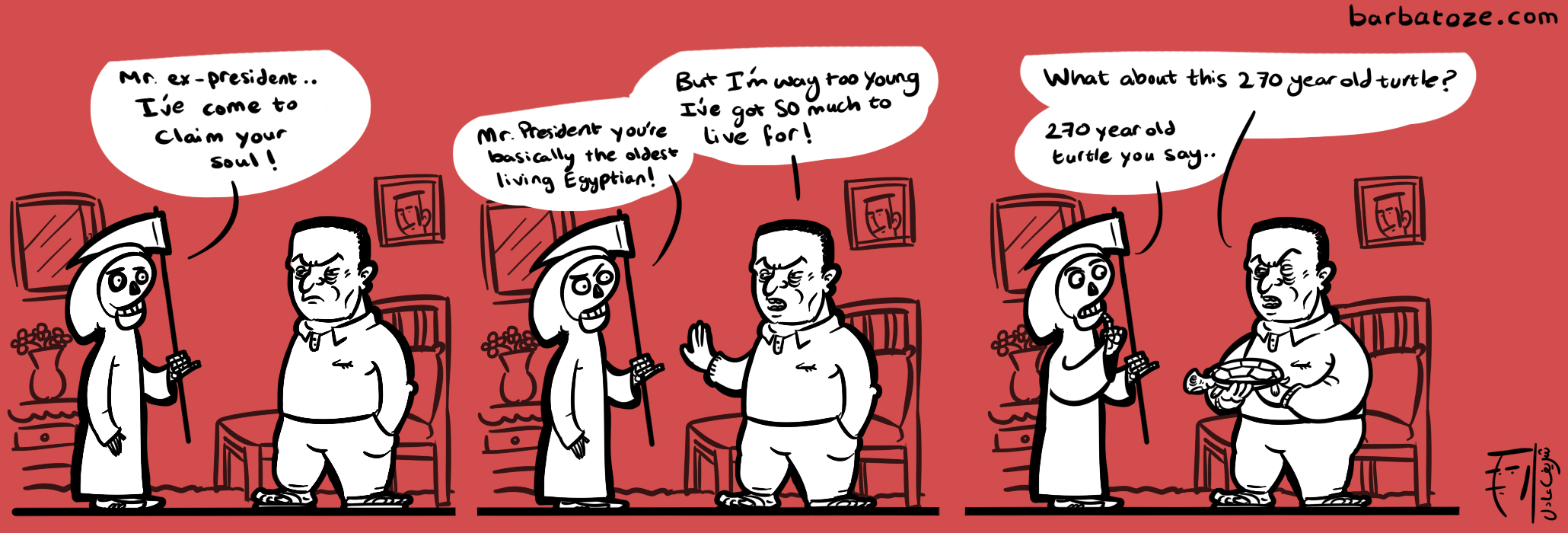CAIRO: Ali Gomaa, Egypt s top Mufti, requested that all Islamic institutions put a unified standard to which all sheikhs in the world should adhere, when it comes to issuing fatwas, reported Al-Ahram Daily newspaper.
Gomaa made the request three days ago during a conference that brought together members of Dar El Ift (house of fatwa, religious edicts) yesterday in Kuwait.
The conference, titled Issuing Fatwas in the Open World, is expected to run for three days, said Al-Ahram.
Gomaa himself is the author of a controversial book which claimed that Prophet Mohammed’s (PBUH) companions used to drink his urine, considering it a blessed act, as reported by Al-Masry Al-Youm newspaper.
Gomaa stuck to his position despite criticism, claiming that everything which emanated from the Prophet is pure and sacred.
“We hope that we will no longer have to see another fake and incorrect fatwa similar to those that have been released recently about breastfeeding adult men and the Prophet s Mohammed’s (PBUH) urine, Sheikh Mohmoud Ashour, former deputy of Al Azhar and member of the Islamic Research Center, told The Daily Star Egypt. If implemented properly [Gomaa’s recommendation] will prevent fatwas from becoming a business not a science as it should be, Ashour said pointing to the sheikhs who appear on TV and profit from making controversial and incorrect fatwas.
A person who issues a fatwa should be qualified to do so. He should be honest and careful with every fatwa he releases, Ashour said.
Gomaa s request came a week after Sheikh Ezzat Atiya, president of the Hadith (Prophet Mohamed’s (PBUH) Sayings) department at Al-Azhar University, issued the breastfeeding fatwa in which he had drawn on Islamic traditions which forbid sexual relations between a men and a women who had breastfed him, to suggest that symbolic breastfeeding could be a way round the strict segregation of males and females.
The resultant controversy led to an apology and withdrawal from Atiya that was followed by Al-Azhar’s decision to suspend him and refer him to a disciplinary committee.
The storm of criticism, fed by wide coverage on Arab media channels, reached all the way up to the People’s Assembly (PA) where around 50 members discussed submitting an investigative questioning, as reported by Al-Arabiya website.
The PA decided instead to give Al-Azhar a chance to retract the fatwa itself, in hopes it would divert the media attention from the issue because they felt it was detrimental to Al-Azhar and Islam’s image.

